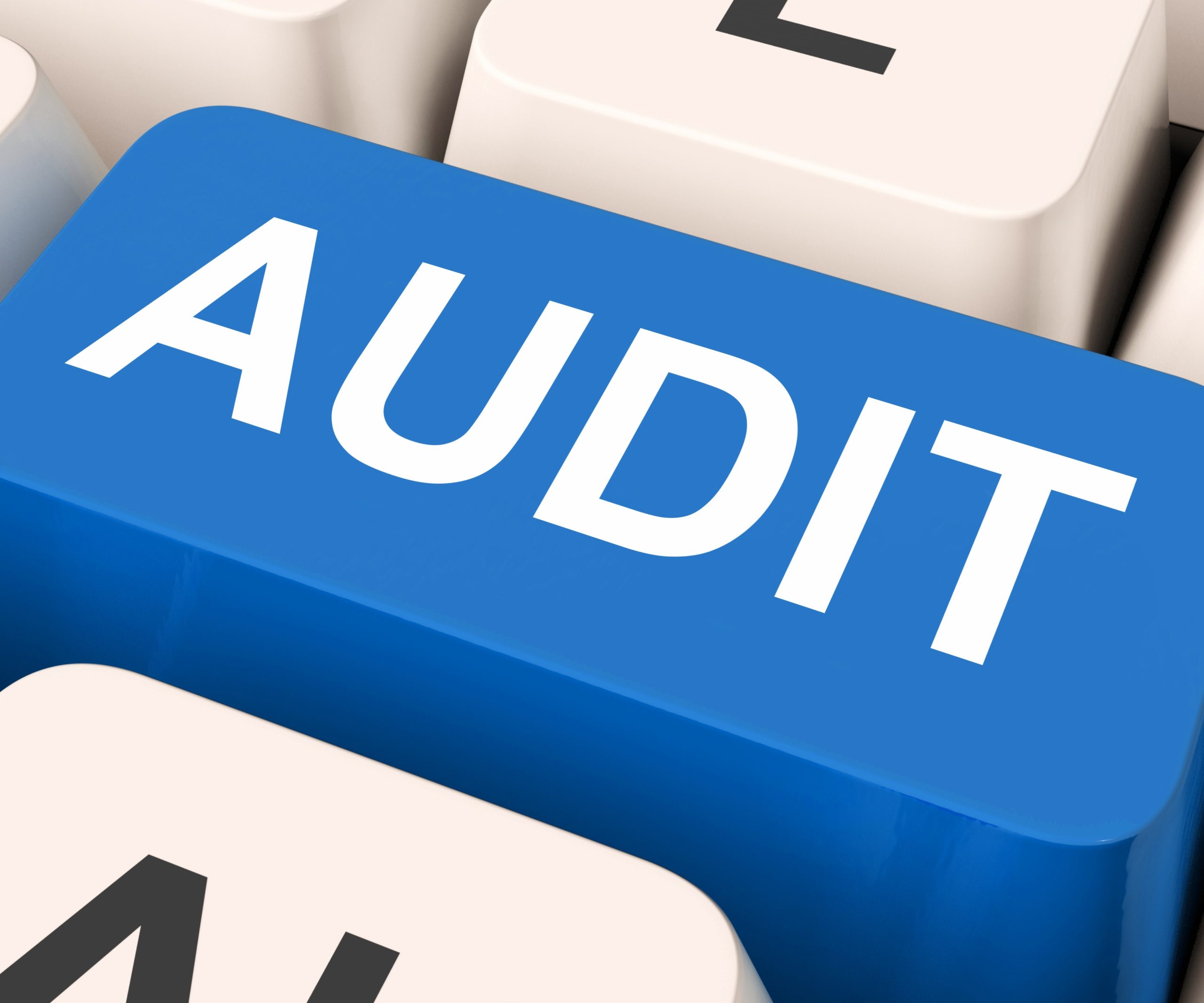
Have you wondered about what different types of audits could potentially apply to your organization, or what those different audits entail? This article will highlight the various types of audits that could apply to your entity.
Why do I need an audit?
Each year, governmental entities are required to have audits of their financial statements performed, based on requirements from the federal, state, and local level. Grantors can also require audits of their funds as part of the grant agreement.
What are the “levels” of audits?
The most commonly encountered governmental audits are as follows:
- Financial Statement Audits performed under Generally Accepted Auditing Standards (GAAS) on entities such as states, local governments, not-for-profit organizations, and institutions of higher education. This is what most would consider a “basic” audit.
- Financial Statement Audits performed under Government Auditing Standards (GAS) as well as GAAS, on entities such as states, local governments, not-for-profit organizations, institutions of higher education, and certain for-profit organizations. An audit under GAS provides for additional training requirements for the auditors, as well as additional review of compliance by the auditors (such as compliance with grant agreements) during the audit process. Often, state agencies (such as the PA DCED under their grant programs) require audits to be performed using GAS.
- Single Audits performed under the Single Audit Act Amendments of 1996 and the Uniform Guidance. This type of audit is required if you expend more than $750,000 of federal dollars in any fiscal year, and entails extensive additional testing of compliance and internal controls related to the federal award programs.
- Other compliance audits and attestation engagements performed as required by federal, state, or local laws and regulations.
What are the goals of these audits?
The objective of an audit performed under GAAS is to issue an opinion on the fairness of the financial reporting with the rules set forth by the Governmental Accounting Standards Board.
GAS provides for an additional level of review by the auditors. The auditor will consider and report on any deficiencies in internal control over financial reporting, as well as performing certain tests of compliance with laws, contracts and grant agreements, and report any significant non-compliance noted as a result of that testing. As noted above, grantors often require this type of audit to ensure compliance with grant agreements.
While GAAS and GAS are primarily followed for financial statement reporting of amounts and the related disclosures, a Single Audit is oriented toward compliance with federal program requirements. The auditors will issue an opinion on whether an organization has complied with the laws and regulations applicable to certain federal programs based on the requirements contained in the Uniform Guidance. This type of audit is required by the federal government, and is a much more intense review of compliance requirements by the auditor as prescribed by the federal government.
The preceding article is an abstract from a seminar conducted by Brian McCall on behalf of the PICPA (Pennsylvania Institute of Certified Public Accountants). Please contact the presenter for additional information


